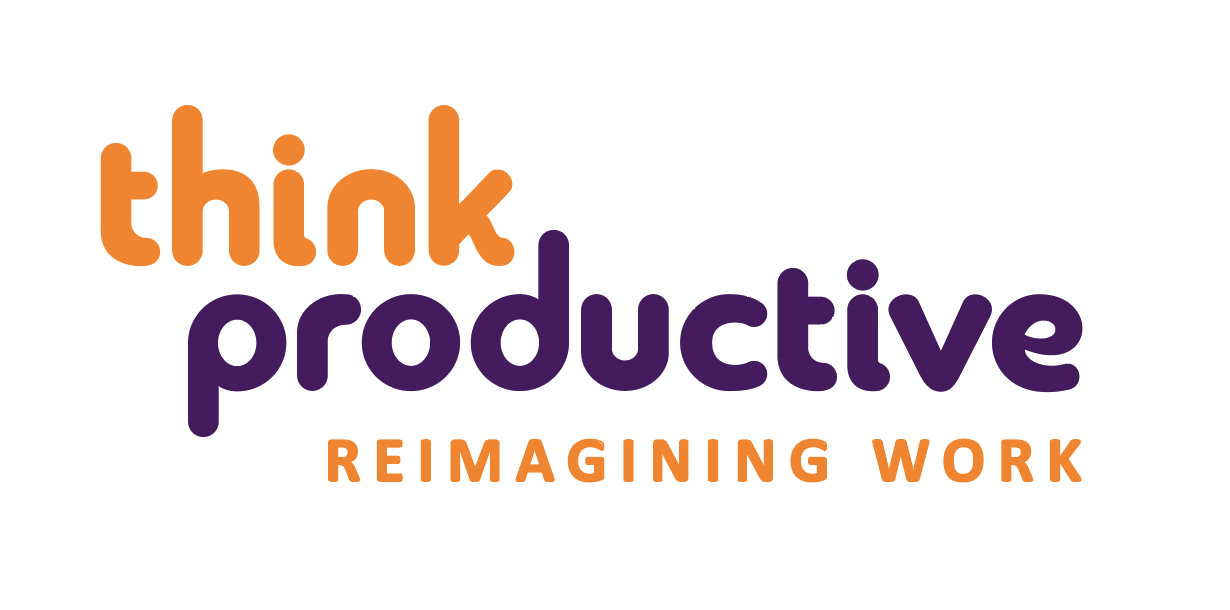Since becoming a common practice in the modern workplace, more and more people are beginning to appreciate the benefits of flexible working. This is a fairly new concept and we want to turn every remote worker into a Productivity Ninja who embraces flexible working as much as possible and we’re here to tell you why and how.
Places to go, things to see
Flexible working allows you to get out of the office, offering a change from your everyday routine. There are a range of places in which you can work that come as a welcome alternative to your normal setup: libraries and cafes are two of the most popular choices.

If you’re in need of a more professional environment to keep you in the right mindset, co-working hubs are a brilliant option. You could even work outdoors on a warmer day, fresh air does great things for brain function after all!
Cut risks and restrictions
In order to fully reap the benefits of the digital era we live in, it makes sense to work flexibly. It’s never been easier to work online: you can log on from almost anywhere, any time and therefore cut down on some of the restrictions associated with nine-to-five office life.
Commuting is a source of misery for many employees and having the ability to curb the money worries and stress associated with it by working from home can come as a big relief. Sitting at a desk for eight hours can also be harmful and flexible working can act as a solution – especially if people use it as an opportunity to be more active throughout the day.
Work-Life-Balance
Flexible working allows employees a greater degree of control over their lives. Commitments such as medical appointments and car MOTs are often arranged around the working day; if you can have a say over your working hours it enables greater give and take.
Achieving a better balance between work and home can help you feel happier with both elements. Nobody wants to feel that their job dictates their life and flexible working can improve this. Putting yourself first also pays off in the office: heightened levels of happiness have been linked to heightened levels of productivity at work!
When working routines are flexible, it can be difficult to keep track of the number of hours worked. There’s research to suggest it results in longer hours yet if proper documentation is in place (timesheets for example), this shouldn’t be an issue for either employee or employer.

Economic Gains
A global workplace survey of employers and employees recently found that workers of every level believed flexible working to increase profits as well as productivity. So if the correct measures are in place, there’s no reason it won’t work wonders for individuals and businesses alike.
Working flexibly comes with a range of benefits and, like the name suggests, it can work on a fluid individual basis. Are you working remotely? Share your top tips for working remotely with us @thinkproductive
By Lilli Hender
Lilli Hender writes for OfficeGenie.co.uk: a desk and office space marketplace for freelancers, startups, and SMEs.
